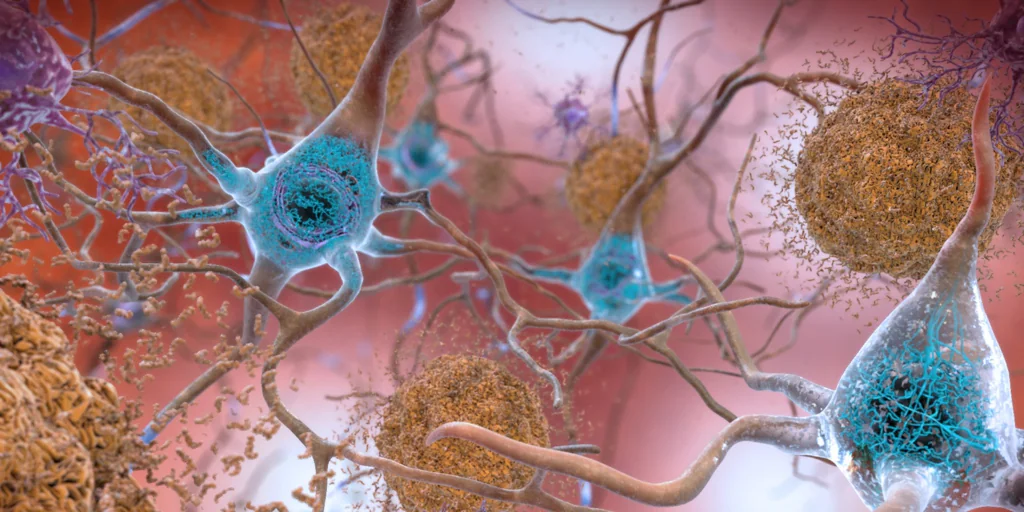Stem cell transplantation from young mice slows progression of Alzheimer’s disease in old mice

Immunoaging, that is, changes that occur in the immune system due to aging and affect immunity, contributes to systematic aging and plays a role in Alzheimer’s disease. The potential for immune rejuvenation has long been explored. … as a therapeutic strategy for the treatment of Alzheimer’s disease.
This is exactly what is stated in a study published in the journal Science Advances by a group of neurologists from the United States. Third Military Medical University (China), which claims to have discovered that transplanting bone marrow stem cells from young mice into older mice slows the progression of Alzheimer’s disease.
In their study, the group transplanted stem cells from the bone marrow of young mice and into the bone marrow of old mice in models of Alzheimer’s disease. They subsequently continued to observe its evolution and influence.
Alzheimer’s disease is a progressive neurodegenerative disease that reduces brain function and capacity over time. Although there are treatments that can slow its progression and relieve symptoms, This is an incurable disease.
Some previous studies have shown a link between the strength of the immune system and the development of Alzheimer’s disease, and that the immune system can be revived by transplanting juvenile hematopoietic stem cells programmed to differentiate into peripheral immune cells. cells.
This led this group to wonder whether these types of transplants could slow the progression of Alzheimer’s disease.
Hematopoietic stem cells
To find out, they extracted hematopoietic stem cells from young mice (two months old) and injected them into the bone marrow of several older mice (nine months old) that had been modified to exhibit Alzheimer’s-like symptoms. Hematopoietic stem cells are immature cells that can transform into all types of blood cells, such as white blood cells, red blood cells and platelets.
By monitoring the mice that received the injections, the researchers found a decrease in β-amyloid levels in both the brain and plasma. They also noted a reduction in brain plaque and improved cognitive performance.
However, mice in the control group, which received similar grafts from older mice, showed no improvement.
The team also found that genes associated with protein expression in mouse models of Alzheimer’s disease were degraded, suggesting that factors leading to the disease are also slowed down.
In conclusion, the study provides evidence that immune system rejuvenation represents a promising therapeutic approach for Alzheimer’s disease and its authors note that future research should focus on exploring other novel strategies that can rejuvenate immune cells to expand their use in humans.
